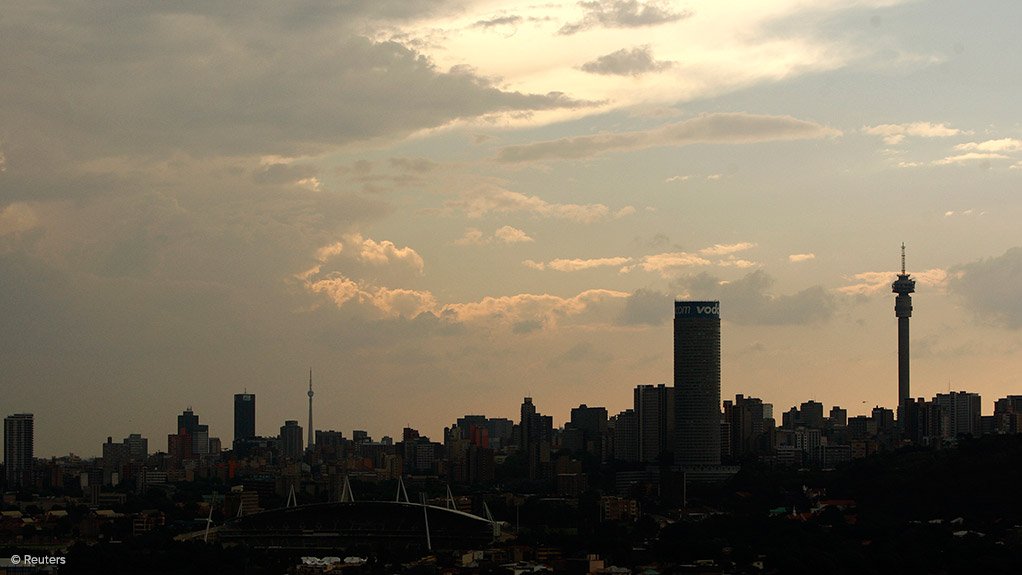Eskom is forecasting a de-escalation in the intensity of rotational power cuts for the coming week following the traumatic return of Stage 6 on Friday, November 24, and complaints in certain distribution areas, notably Johannesburg, that the duration and frequency of the latest cuts exceeded those experienced during previous Stage 6 episodes.
The utility announced that loadshedding would be reduced to Stage 4 from 12:00 on Sunday, November 26, until 5:00 on Monday, November 27, when Stage 3 cuts would be implemented.
It was then planning to sustain Stage 3 during the day for the rest of the working week, while ramping up to Stage 4 during the late afternoons to navigate the evening peak and replenish emergency reserves overnight.
Some 2 500 MW of capacity was anticipated to return to service by Tuesday evening.
While cautioning that the system remained vulnerable and that changes to loadshedding stages could, thus, be made at short notice, Eskom Generation’s Eric Shunmagum said during a briefing that the utility was currently not expecting to implement any loadshedding during the day this coming Saturday and Sunday, but that Stage 2 was expected to be declared in the evenings on both days.
Electricity Minister Kgosientsho Ramokgopa repeated that the latest bout of Stage 6 had been implemented because of a depletion of emergency reserves on the back of the failure of several large coal units earlier in the week and a 1 500 MW spike in demand, attributed to the heat-wave conditions affecting parts of the country.
The Minister said that, by November 24, diesel stocks had fallen precipitously to only 28% at the Ankerlig open-cycle gas turbine, but had since been rebuilt to about 55%. Likewise, the upper dams at Eskom’s pumped hydro schemes had declined to levels described as “critically low” on Friday, but had also been recovered to acceptable levels by Sunday.
Unplanned outages remained elevated at 15 386 MW on Sunday, while capacity unavailable for planned maintenance was 5 617 MW. However, Ramokgopa stressed that this lack of plant availability had not been the main trigger for the Stage 6 declaration.
He also insisted that Eskom had not breached Stage 6 during the weekend, amid numerous complaints by residents, especially in Johannesburg, that their experience over the period had been more reflective of a Stage 8-type intensity.
He noted that Eskom had handed responsibility for loadshedding in Johannesburg to City Power and that the city’s distribution entity would, thus, be in a better position to explain its approach to implementation.
In a statement, City Power said that it was no longer implementing four consecutive hours of loadshedding and had instead spread out those hours to provide customers with two hours of relief in between. As a consequence, more loadshedding episodes were taking place at short intervals, with some areas being cut up to five times in a 24-hour cycle.
“We are aware that these frequent outages are very inconvenient, and some might even prefer to be loadshed for four-hours straight if it means they will not be off again in the next two hours,” City Power said.
It added that an announcement on further changes to the loadshedding schedule would be made in the coming two weeks.
EMAIL THIS ARTICLE SAVE THIS ARTICLE ARTICLE ENQUIRY
To subscribe email subscriptions@creamermedia.co.za or click here
To advertise email advertising@creamermedia.co.za or click here











